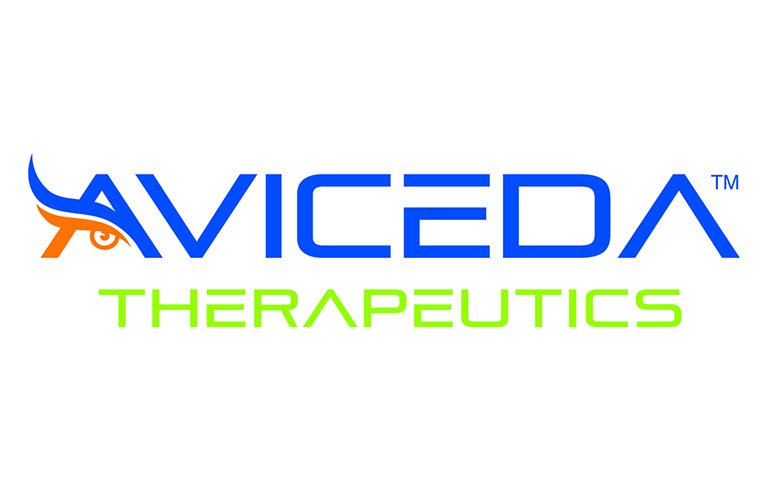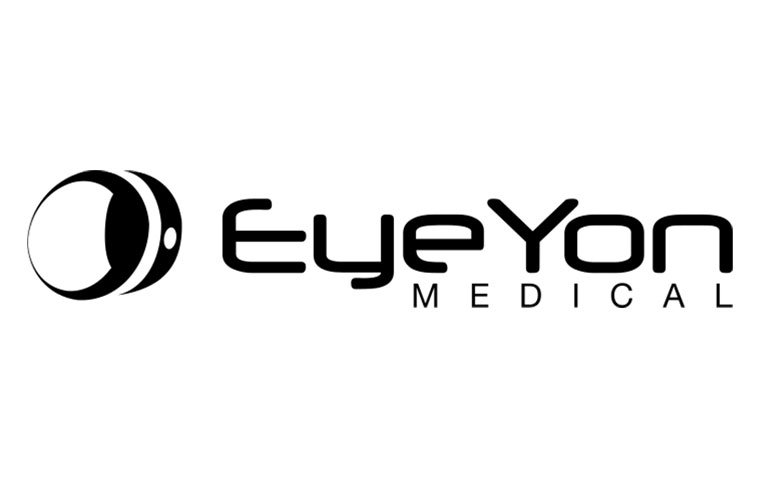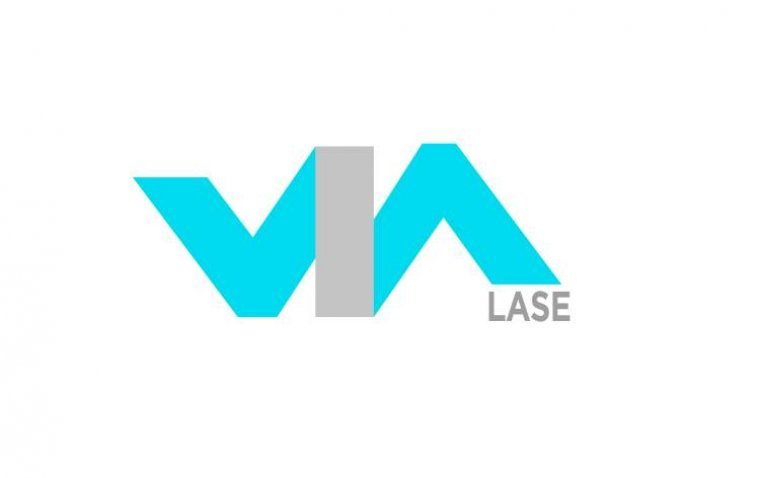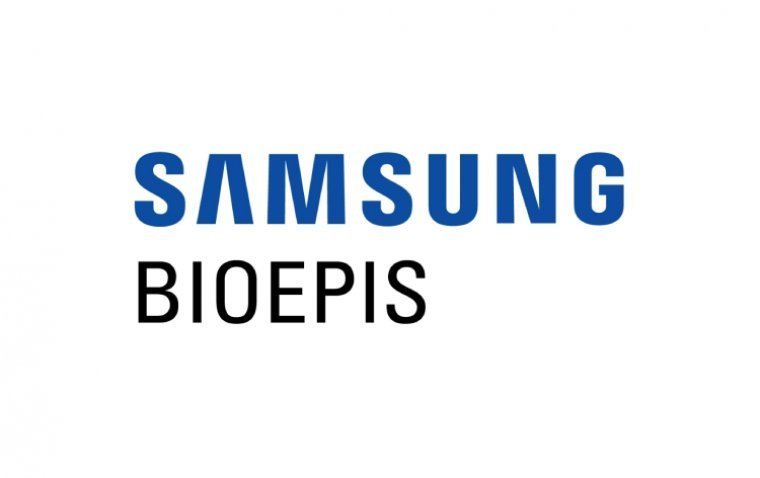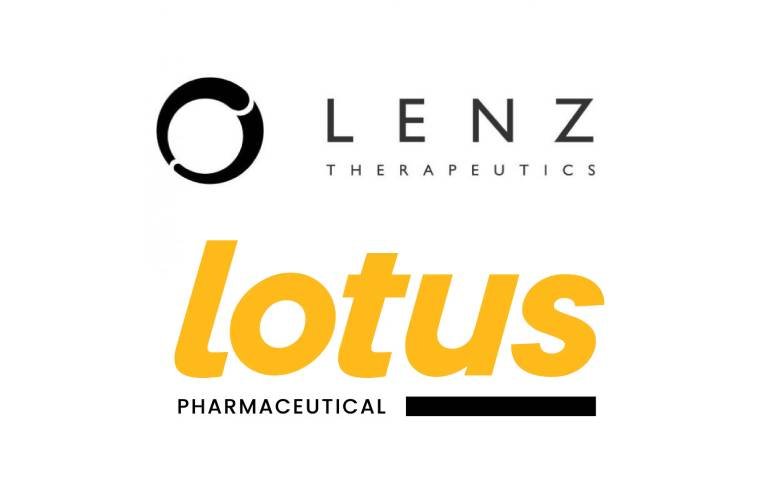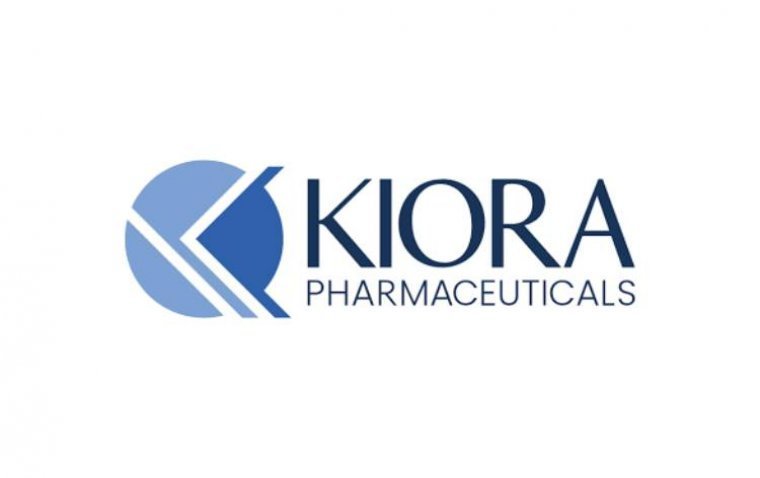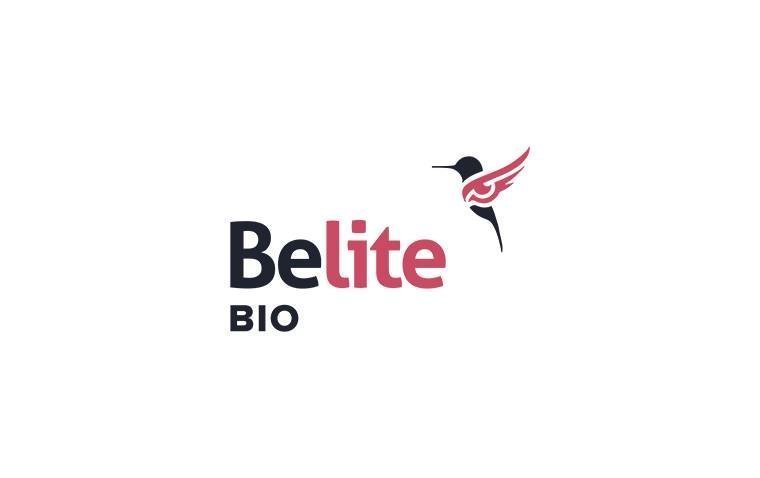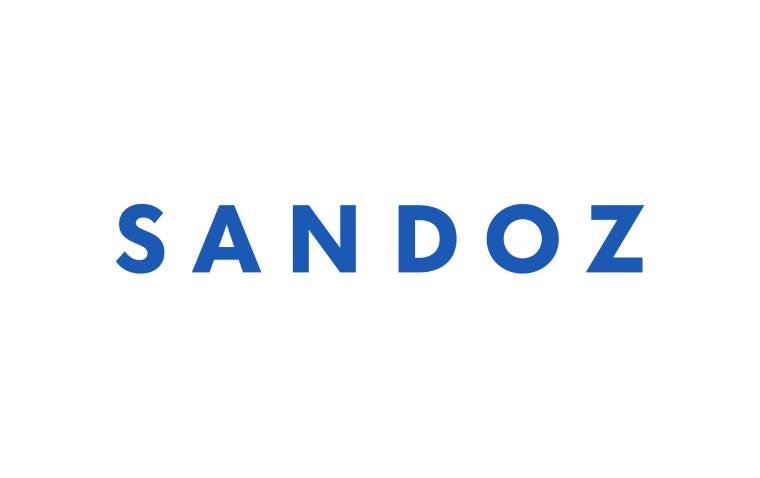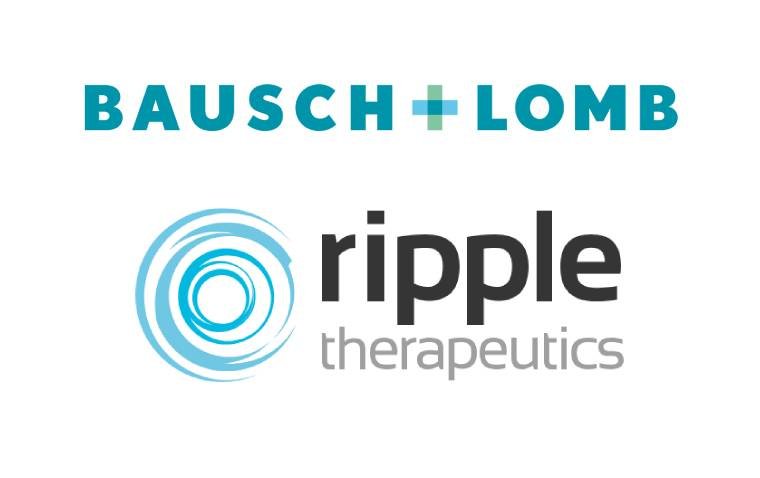
Aviceda Therapeutics has reported topline results from the phase 2b SIGLEC trial evaluating AVD-104 ...
read moreEyeYon Medical has received Investigational Device Exemption (IDE) approval from the U.S. Food and D...
read moreViaLase has announced the treatment of the first patient in its U.S. Investigational Device Exemptio...
read moreSamsung Bioepis has received a positive opinion from the European Medicines Agency’s Committee for M...
read moreLotus Pharmaceutical and LENZ Therapeutics have announced the submission of a New Drug Application (...
read moreKiora Pharmaceuticals has received a new U.S. patent (Patent No. 12,472,263) covering additional and...
read moreBelite Bio has announced promising topline results from its global Phase 3 DRAGON trial, evaluating ...
read moreSandoz has officially launched Afqlir, its biosimilar referencing aflibercept, across European marke...
read moreRipple Therapeutics, a clinical-stage company developing polymer-free sustained release drug deliver...
read moreInflammasome Therapeutics has announced the completion of patient enrollment in its multicenter Phas...
read more More
More
